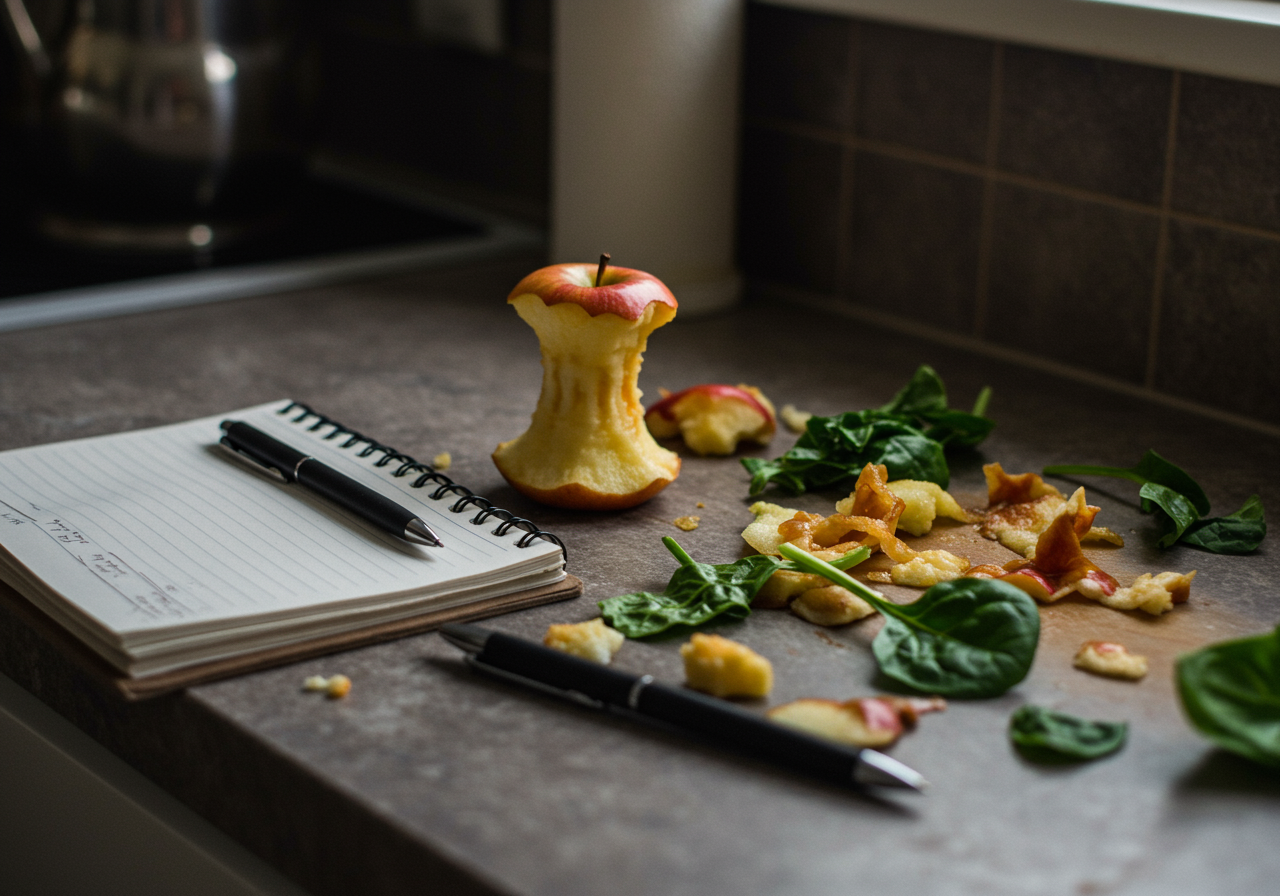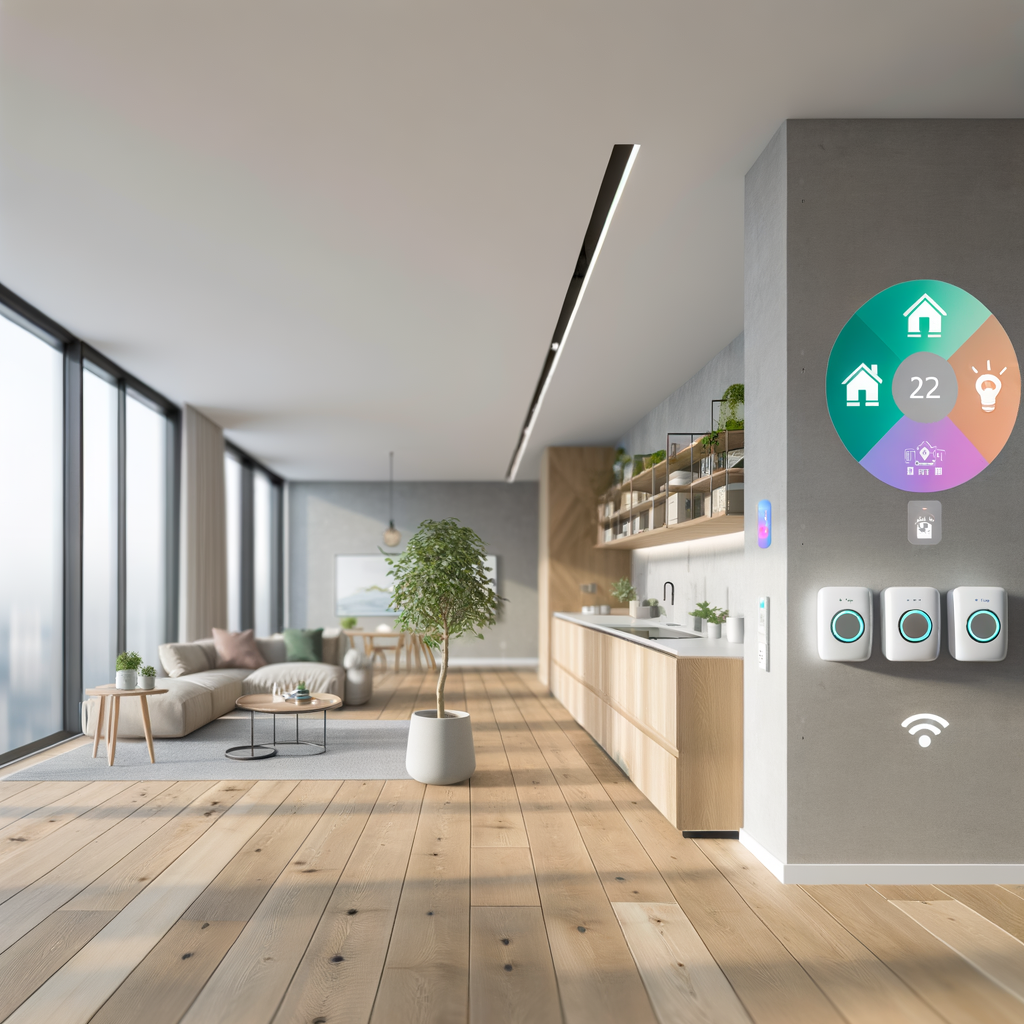Let’s be honest, we’ve all tossed out wilted lettuce or forgotten leftovers at the back of the fridge. Food waste is a common problem, but as eco-conscious renters, we know it’s also a serious one. Not only does it impact the environment, but it also puts a strain on our wallets. The good news? A simple “food waste audit” can help us identify our habits and reduce waste significantly. Don’t worry, it’s less intimidating than it sounds!
Why Conduct a Food Waste Audit?
Before we dive into the how-to, let’s talk about the “why”. A food waste audit provides invaluable insight into your consumption patterns. It helps you pinpoint:
- What foods are being wasted most often (produce, leftovers, etc.)
- Why food is being wasted (spoilage, overbuying, improper storage)
- How much food (and money!) you’re throwing away
Armed with this knowledge, you can make targeted changes to minimize waste, save money on groceries, and contribute to a healthier planet – all within the confines of your rental.
Getting Started: Your Week-Long Food Waste Diary
The core of your audit is a simple week-long diary. Don’t panic, this isn’t about meticulously tracking every crumb. Keep it manageable and realistic for your renter lifestyle.
Grab a notebook, create a spreadsheet, or use a note-taking app on your phone. For each wasted food item, jot down:
- The food item: (e.g., half a loaf of bread, two apples)
- The estimated quantity: (e.g., 1/2 loaf, 2 apples)
- The reason for waste: (e.g., moldy, didn’t get eaten, cooked too much)
- The estimated cost: (Optional, but helpful for visualizing the financial impact)
Remember, be honest with yourself. There’s no judgment here! The goal is simply to gather accurate data.
Analyzing Your Findings and Implementing Change
After a week, review your food waste diary. Look for patterns and trends. Are you consistently overbuying certain produce? Are leftovers getting lost in the fridge? Are you storing food correctly?
Practical Tips for Reducing Food Waste in Your Rental:
Based on your audit findings, try incorporating these renter-friendly strategies:
- Shop Smarter: Plan your meals, make a grocery list, and avoid impulse buys. Consider buying smaller quantities more frequently, especially for perishables.
- Master Food Storage: Invest in reusable airtight containers to keep food fresh longer. Learn about proper storage techniques for different types of produce (some belong in the fridge, others on the counter).
- Get Creative with Leftovers: Designate a “leftover night” each week or transform leftovers into new meals. Freeze extra portions for future lunches or dinners.
- Compost if Possible: Even small-scale composting is possible in a rental. Check out vermicomposting (worm composting) or consider a countertop compost bin.
- Embrace “Ugly” Produce: Oftentimes, perfectly good fruits and vegetables get discarded because of aesthetic imperfections. Look for discounted “ugly” produce at your local market.
Start with one or two changes that feel manageable and build from there. Every little bit helps!
A Continuous Journey
Reducing food waste isn’t a one-time fix; it’s an ongoing process. Periodically repeat your food waste audit to track your progress and identify new areas for improvement. Celebrate your successes and don’t be discouraged by occasional slip-ups. Remember, you’re making a positive impact on both your budget and the environment, one mindful meal at a time.




